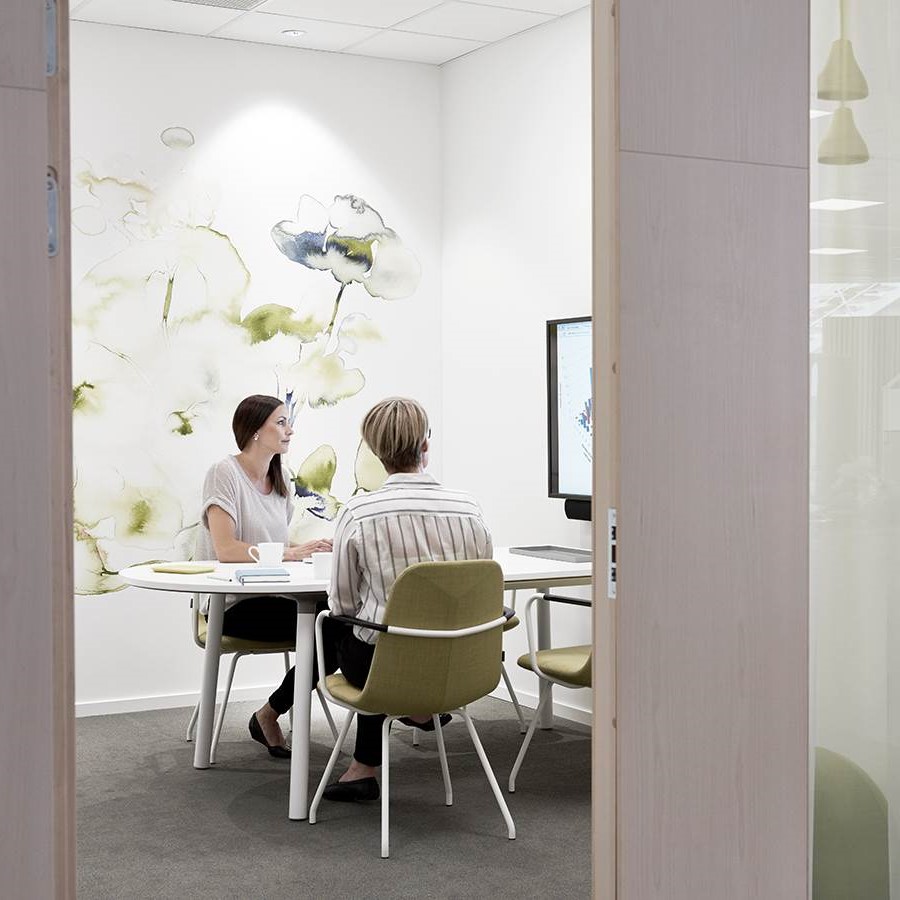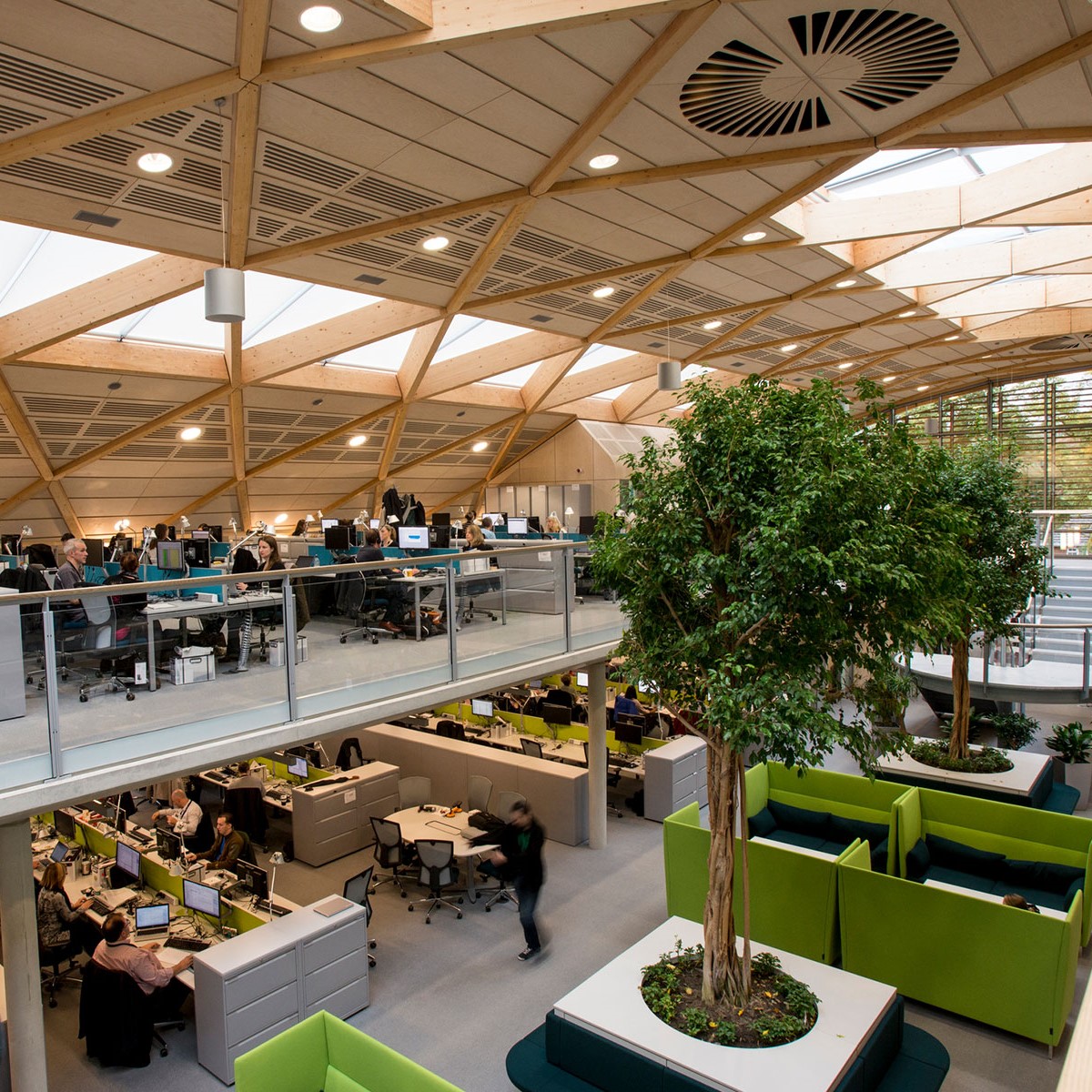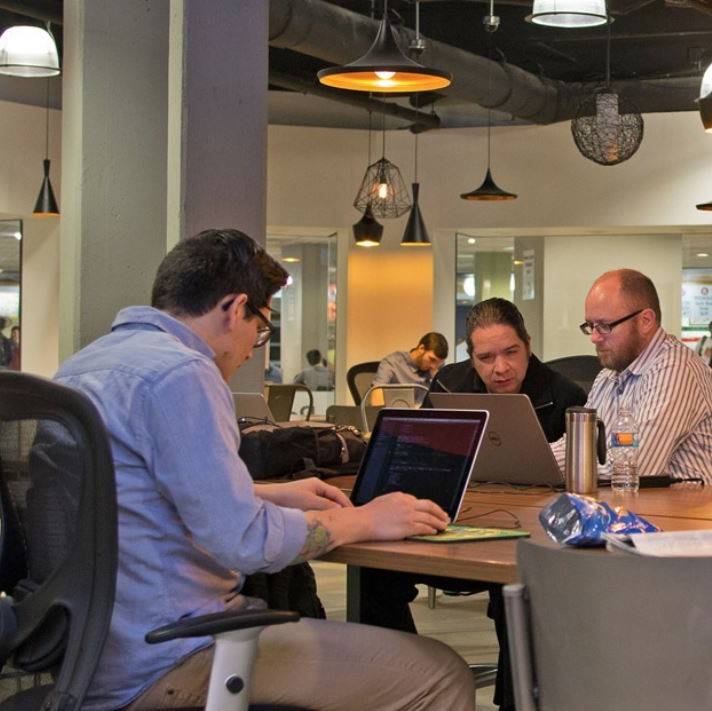October 21, 2019
RICS launched new Social Impact Awards
 The Royal Institution of Chartered Surveyors (RICS) has today launched a new awards programme. Entries are being sought for the RICS Social Impact Awards, which set out to ‘recognise the positive and transformational contribution that the built environment has on people’s lives across the UK’. According to RICS, the awards will ‘assess the human, social and environmental impact, and the innovation and collaboration, that has gone into development and infrastructure projects in the Commercial, Education, Healthcare, Heritage, Infrastructure, Land & Rural, Leisure, Residential and Student Accommodation sectors’. (more…)
The Royal Institution of Chartered Surveyors (RICS) has today launched a new awards programme. Entries are being sought for the RICS Social Impact Awards, which set out to ‘recognise the positive and transformational contribution that the built environment has on people’s lives across the UK’. According to RICS, the awards will ‘assess the human, social and environmental impact, and the innovation and collaboration, that has gone into development and infrastructure projects in the Commercial, Education, Healthcare, Heritage, Infrastructure, Land & Rural, Leisure, Residential and Student Accommodation sectors’. (more…)

































October 25, 2019
How office design trends in different countries feed off each other
by Steve Elliott • Comment, Workplace design